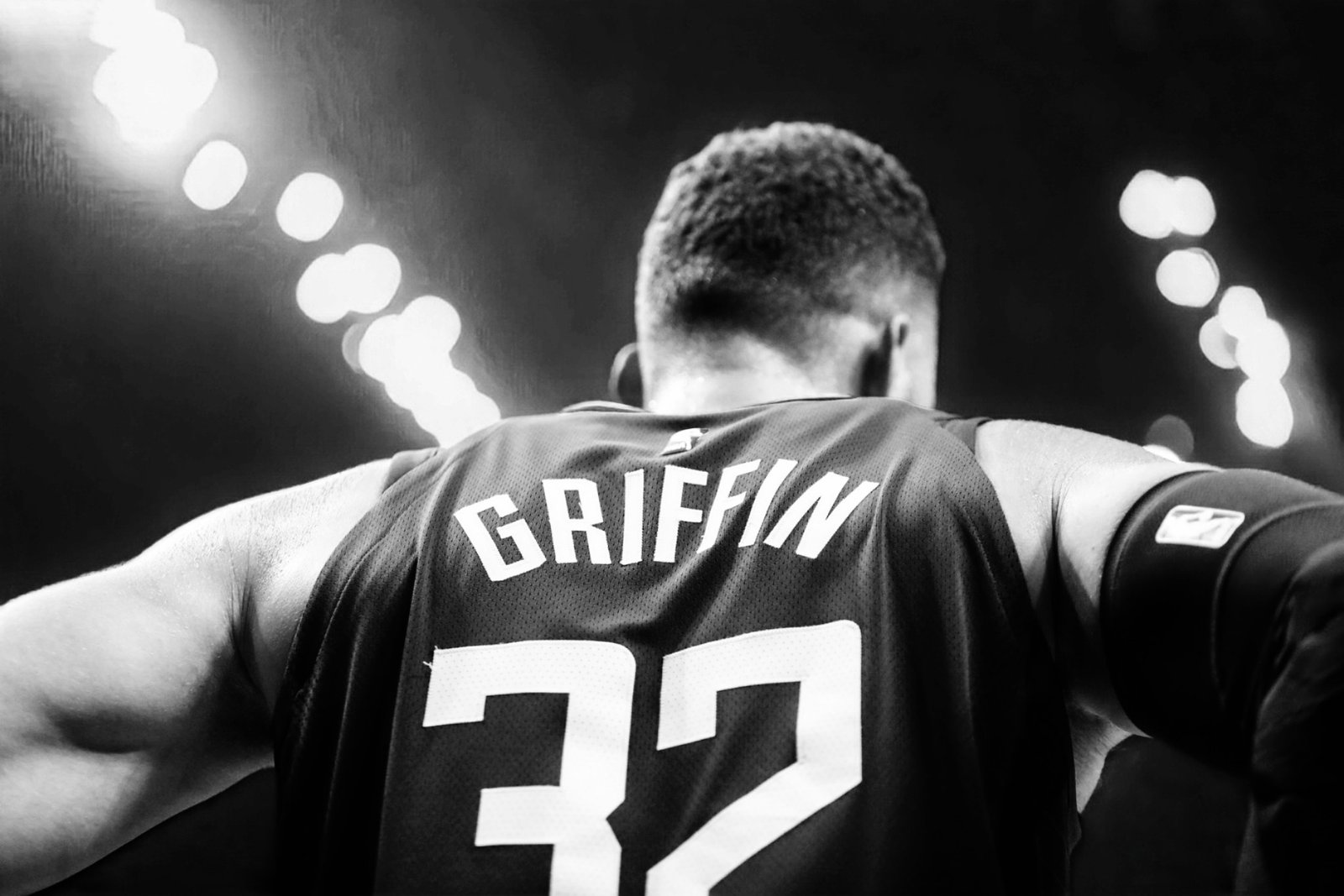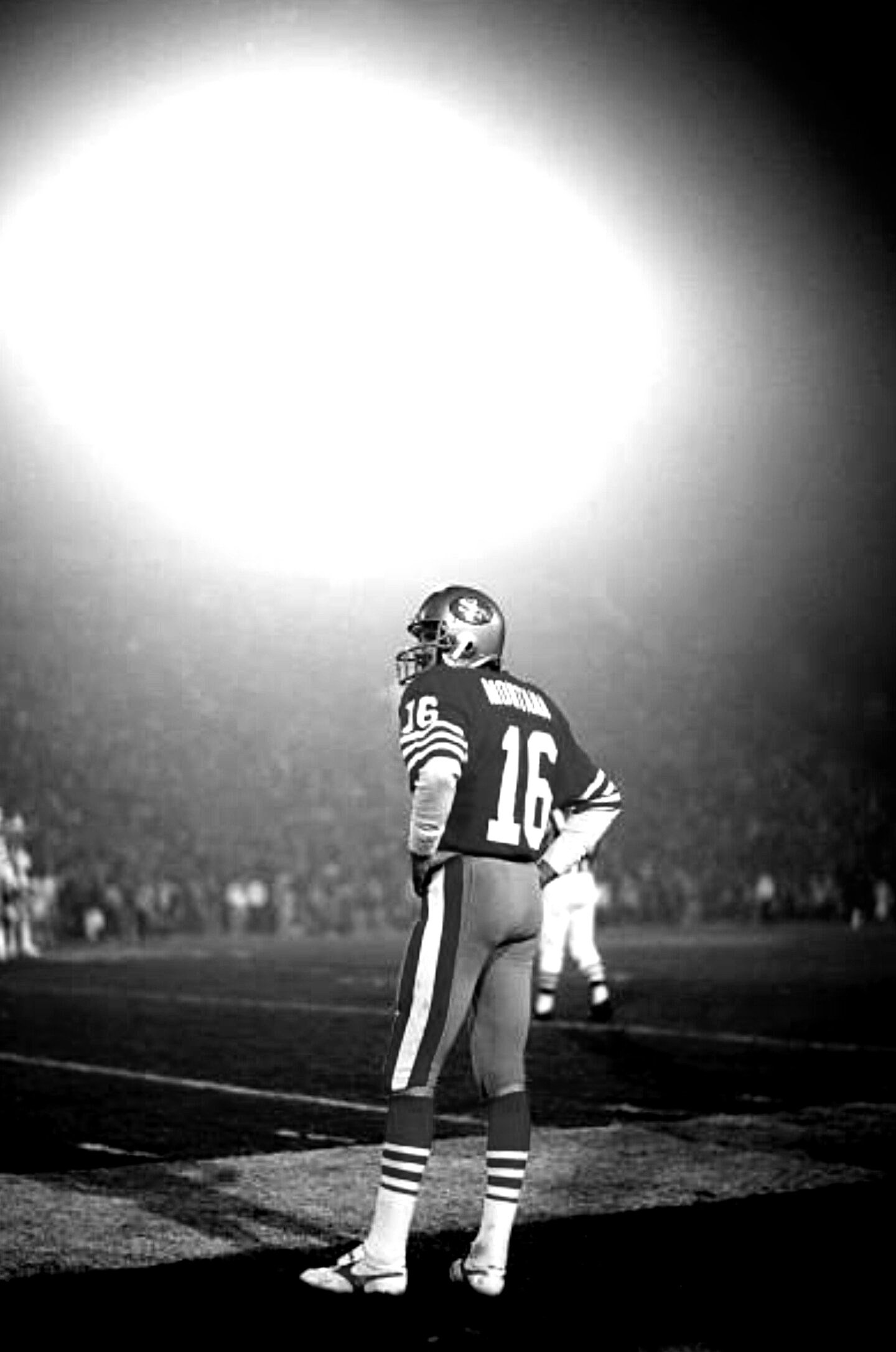
Is Blake Griffin a Hall of Fame Player? Analyzing His Numbers and Comparisons
The Case for Blake Griffin
Blake Griffin, a prominent figure in the NBA, has had a career that showcases remarkable achievements and significant contributions to the teams he has played for. Born on March 16, 1989, in Oklahoma City, Oklahoma, Griffin displayed his basketball prowess early on, eventually leading to a successful college career at the University of Oklahoma. During his time with the Sooners, he emerged as one of the top players in NCAA basketball, averaging 22.7 points and 14.4 rebounds per game in his sophomore season, and earning unanimous All-American honors.
Following his standout college performance, Blake Griffin was selected as the first overall pick in the 2009 NBA Draft by the Los Angeles Clippers. His transition to the professional league was met with great expectations, and he did not disappoint. Despite an injury that sidelined him for his rookie season, Griffin burst onto the NBA scene in the 2010-2011 season, winning the NBA Rookie of the Year award. His explosive style of play, characterized by powerful dunks and exceptional athleticism, quickly made him a fan favorite and a vital asset to the Clippers.
Throughout his career, Griffin has been selected multiple times as an NBA All-Star and has earned All-NBA Team honors, solidifying his status as one of the league’s elite players. His contributions go beyond individual statistics; he played a crucial role in leading the Clippers to several playoff appearances. Furthermore, Blake Griffin’s ability to adapt his game over the years has allowed him to remain competitive, even as he dealt with various injuries as the years went on. As we delve into the analysis of his career numbers and potential Hall of Fame candidacy, it is essential to recognize the impact he has made in the NBA and the legacy he continues to build.
Statistical Analysis: Griffin’s Numbers Compared to Hall of Fame Players
Blake Griffin’s career in the NBA has been marked by impressive statistics that merit examination, especially when compared to those of Hall of Fame players. Over his tenure in the league, Griffin has averaged approximately 21.3 points, 8.7 rebounds, and 4.4 assists per game. These figures indicate a well-rounded offensive and defensive contribution, but how do they measure up against his peers who have been inducted into the Hall of Fame?
When considering points per game, many Hall of Fame forwards, such as Charles Barkley and Kevin Garnett, averaged higher numbers during their careers—Barkley averaged over 22 points and Garnett over 17 points. However, it is crucial to note that Griffin’s scoring efficiency, reflected through his field goal percentage, is commendable, often hovering around 48%. This metric becomes particularly significant when evaluating his contribution alongside more prolific scorers, as efficiency often weighs heavily in Hall of Fame discussions.
Rebounding is another critical metric in assessing Griffin’s overall impact. While his career average of 8.7 rebounds is respectable, Hall of Famers like Wilt Chamberlain and Bill Russell boasted averages well over 10. Griffin’s rebounding numbers indicate a strong presence on the boards, yet fall slightly short of the exceptional standards often credited to the NBA’s greatest. In terms of assists, Griffin’s average of 4.4 assists per game is substantial for a forward. Many Hall of Fame forwards, like Larry Bird, averaged over 6 assists, showcasing a versatility that the Hall often lauds.
Overall, while Blake Griffin’s statistics are commendable and reflect a high-performance player, they present an intriguing conversation when compared to those of established Hall of Fame players. His numbers play an essential role in the ongoing discussion about his standing in the annals of basketball history.
Comparison with Non-Hall of Fame Players: Who Deserves Induction?
The debate surrounding Hall of Fame eligibility often includes discussions of players who, despite impressive statistics, have been overlooked for induction. Blake Griffin, known for his explosive playing style and remarkable athleticism during his time in the NBA, presents a compelling case when compared to other non-Hall of Fame players. The criteria for Hall of Fame selection can sometimes seem nebulous, leading to questions about justice and fairness in the voting process.
For instance, a player like Chris Webber boasts career averages of 20.7 points, 9.8 rebounds, and 4.2 assists per game. These statistics are indeed comparable to Griffin’s, who maintains averages of 21.6 points, 8.7 rebounds, and 4.2 assists. Webber, despite his impactful career and significant success in the NBA, has faced scrutiny over his Hall of Fame candidacy, raising questions about the inconsistency of inductive criteria. Similarly, players such as Kevin Johnson and Shawn Marion have contributed significantly to their teams, posting higher career averages in various statistical categories yet remain absent from the Hall of Fame roster.
The discussion continues with players like Zach Randolph and Toni Kukoc, whose contributions to their respective teams were pivotal during their careers. Randolph’s rebounding prowess and strong post presence, alongside Kukoc’s versatility and clutch performances, merit consideration when evaluating Griffin’s standing. The inconsistency in recognizing such talents indicates a potential oversight in the Hall of Fame’s voting process, thereby prompting discussions on Blake Griffin’s legitimacy as a candidate.
Ultimately, the disparities in recognition between Griffin and these remarkable players highlight a broader issue within the Hall of Fame selection process. As fans and analysts debate who truly deserves a place in this exclusive club, the conversation around Griffin’s candidacy becomes intertwined with these comparisons, driving a deeper exploration of inclusion and merit within the NBA’s storied history.
Conclusion: The Case for Blake Griffin’s Hall of Fame Induction
Furthermore, Griffin’s versatility on the court allows him to impact the game in various ways. His transition from a dominant frontcourt player to a more perimeter-oriented role illustrates his adaptability, which is a hallmark of a great player. These contributions elevate his status, contributing to his team’s success during crucial moments throughout his career, particularly during his time with the Los Angeles Clippers, where he helped elevate the franchise’s competitiveness in the NBA.
In evaluating the Hall of Fame candidacy of Blake Griffin, it is essential to consider both his on-court achievements and off-court contributions. Griffin’s career statistics showcase his ability as a standout player in the NBA. With multiple All-Star selections and a Rookie of the Year award under his belt, Griffin has not only demonstrated remarkable skill but also resilience throughout his career. His powerful playing style and highlight-reel dunks have made him a significant figure in the league, inspiring younger basketball players and enchanting fans across the globe.
Off the court, Griffin has been an advocate for numerous charitable endeavors, demonstrating his commitment to community service and using his platform for positive influence. These efforts establish him as not just an athlete, but a role model who has made meaningful contributions beyond basketball. Given these factors – his impactful career, statistical prowess, and community involvement – the argument for his induction into the Hall of Fame becomes compelling.
Ultimately, Blake Griffin embodies the spirit of excellence in the NBA. His contributions both on and off the court present a well-rounded case for Hall of Fame consideration. As discussions continue around his legacy, it seems that Griffin’s impact on basketball and his community may ultimately secure his place in the Hall of Fame, where his story can inspire future generations.




